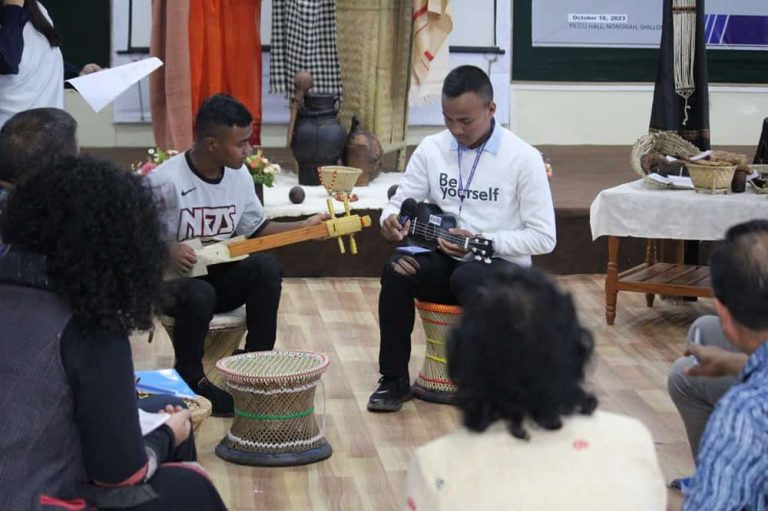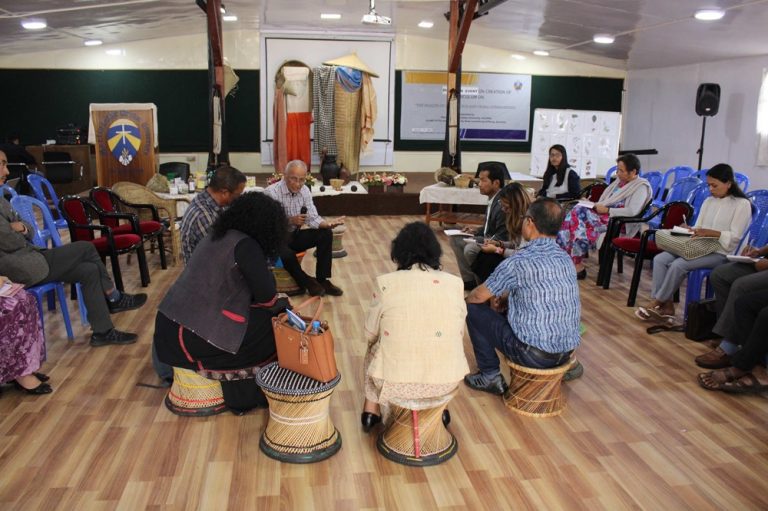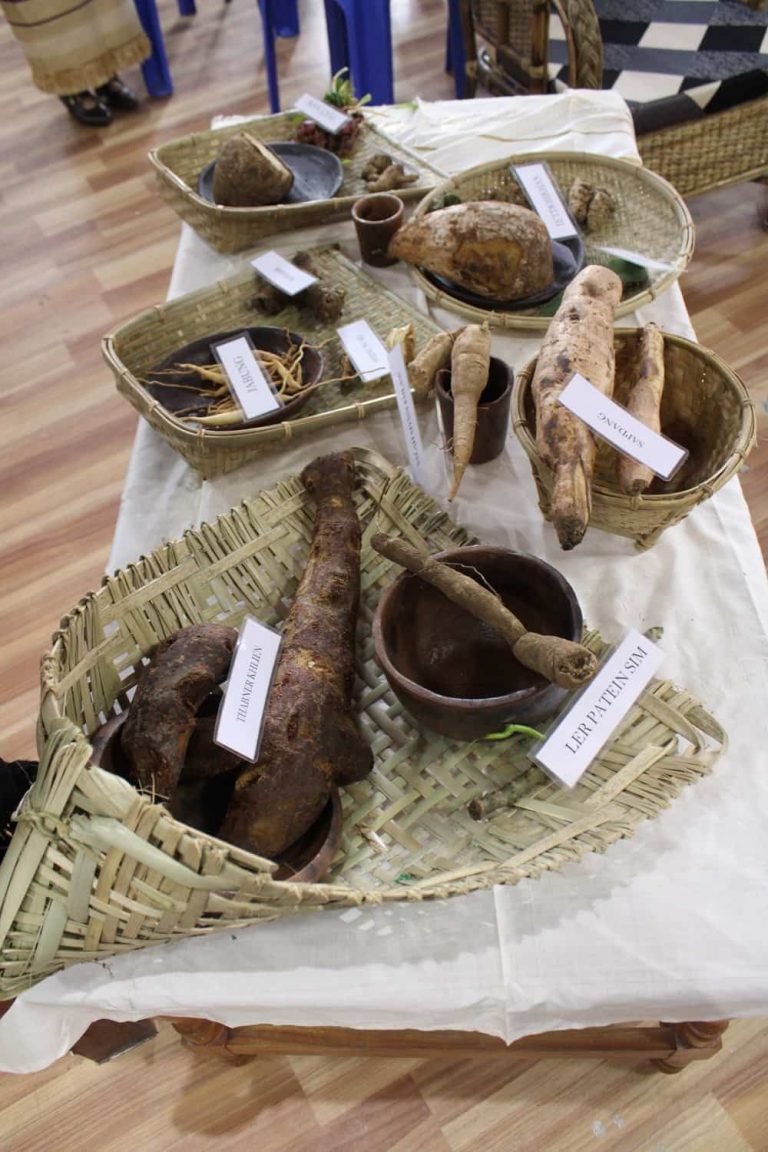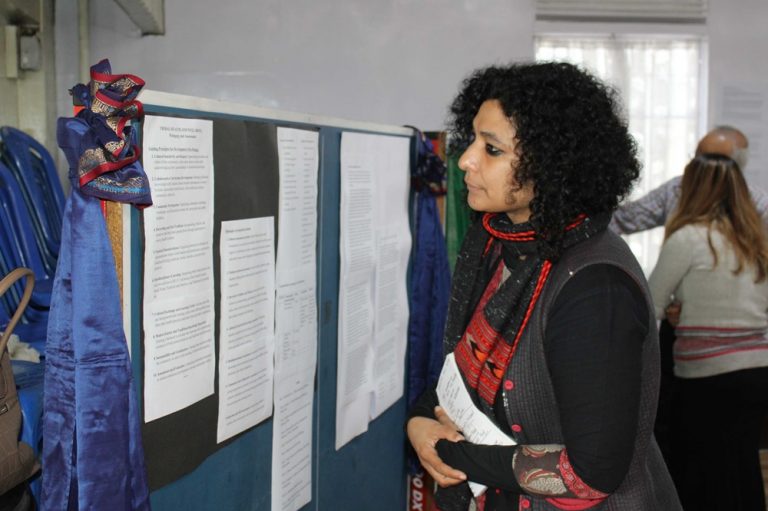MLCU works to craft curriculum on indigenous & tribal communities
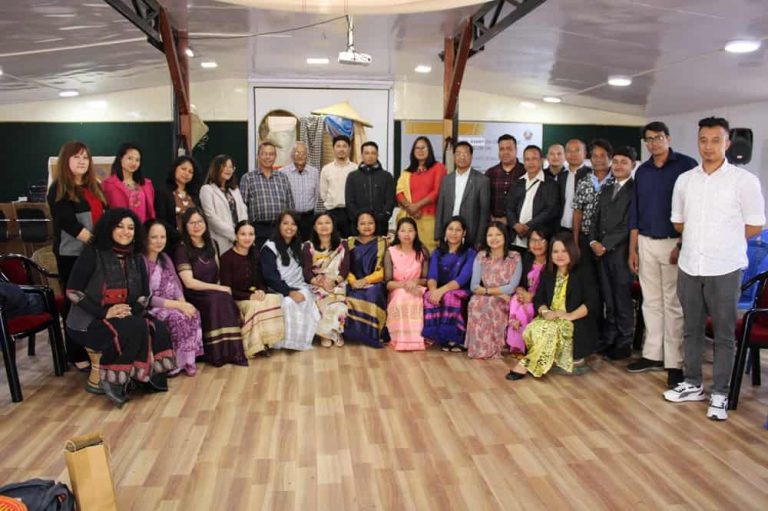
Martin Luther Christian University (MLCU) is spearheading work to create a curriculum on the health of indigenous and tribal communities.
The work is being funded by the South Asian branch of Germany’s Rosa Luxemburg Foundation and the ‘diffusion event’ of the project was held in collaboration with the National Lutheran Health and Medical Board at the MLCU campus at Nongrah.
This first curriculum of its kind being created will be called Tribal Health and Wellbeing and is a four-credit subject meant for postgraduate students and community organisations working in tribal areas, an MLCU press release said today. The objectives of the project are to create a curriculum and provide regional, national and international perspectives and integrate a holistic, pluralistic and multidisciplinary approach.
The event showcased the content, pedagogy, toolkits, evaluation activities, experiential learning and assessment of the subject. Members who participated in the event were representatives of different NGOs, government departments, institutions, traditional healers, MLCU Chancellor Glenn Kharkongor, Pro Chancellor Malcolm D Roy, Vice-Chancellor TK Bamon, Deans and faculty members of the university.
Others present were Dr Bethabara Decruse, Project Director MACS; N Luikham, Member Secretary, Meghalaya State Biodiversity Board; Eva Khongwir, Scientist at the Meghalaya State Biodiversity Board; Dr D Khonglah, SAN-KER, Fr Bensar W Kharsta, Director Social Service Centre; Jasper B Manih, traditional healer; Darju Rongpeit, traditional healer, Manbha Myrthong, project coordinator KJPA; Patricia Mukhim, journalist, Merril Sangma and Badarishisha Nongkynrih of NESFAS.
The curriculum has 11 units that cover all aspects of health in a tribal community. It has units such as health-seeking behaviour, tribal way of life and wellbeing, traditional food, cultural syndrome, tribal holistic healing, traditional health practices and tribal resilience and wellness.
Deliberations and insights on different units put on display were discussed at length. Some of the important issues that came to light included the loss of medicinal herbs due to dwindling forests and biodiversity, faith and use of traditional medicines by people in Meghalaya both at urban and rural sectors, cultural syndrome, the importance of traditional diet in combating micronutrient deficiency and malnutrition and fear of expression of sexual orientation and gender identity.
As part of this project, interviews at the community level were conducted in July, followed by a consultative workshop in August in Shillong. An expert review meeting was then held in Bangalore with healthcare experts working in tribal communities.

